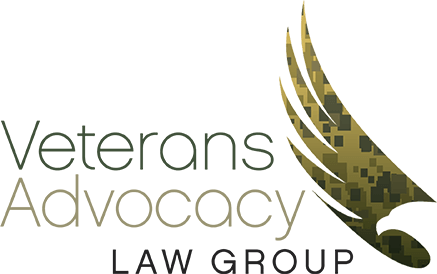The Government’s procurement of services and goods in support of Department of Defense (DoD) programs is complicated and extensive. The delivery and allocation of rights of computer software (CS) and technical data (TD) between a service-disabled veteran-owned small business (SDVOSB) contractor and the Government is a critical aspect of a government contract. CS and TD fall are classified as either non-commercial or commercial items, and there are different rules associated with each category. Commercial CS and TD are commercial items available or sold to the public. The licensing rules and allocation of rights for those commercial items will be discussed in a future blog. This blog focuses on non-commercial TD items, processes (ICP) and components, and non-commercial CS.
Technical or scientific recorded information, regardless of how the information is recorded, is classified as technical data. Technical data is not the item described by the data. For example, when the Government buys a machine, they are not necessarily purchasing the data connected to the machine (such as the manufacturing or design) nor the data’s rights. A licensing agreement is needed for the rights to use the data. This also applies to software. Possessing a copy of the software does not mean the Government has the rights to use it. They must obtain the appropriate licenses to use a contractor’s software and technical data.
Many major government programs involve enormous amounts of technology, software, and/or technical data. The technology needed by the Government may be developed outside the government contract or under the contract. The lifecycle of a system used by the Government can last for years and possibly decades. Therefore the rights to use CS/TD, the level of rights, and how and when the Government can exercise these rights are fundamental. During this time, the systems need to be maintained in working order (improvements, services, spare parts, etc.). To conduct the required sustainment and maintenance on a system, whether by contracts or in-house, the Government will need the CS/TD and the rights to use them. Without adequate CS/TD rights, the Government may need to acquire parts or services only from the rights owner or its licensees and not outside competitors, giving the rights owner an advantage over other potential contractors. Thus, CS/TD rights signify a potential source of substantial revenue for the data owner. Depending on the extent and nature of the data and the needs of the Government, this revenue can be millions of dollars. Even if a contract is not for a major military program, there are numerous other government contracts where CS/TD and the rights associated are of vital importance. For example, veteran-owned small business contractors are significant in research and development (R&D). By their very nature, R&D contracts produce a large amount of TD and new technology pertaining to the creation of new CS or enhancements to the existing CS.
The regulations and rules regarding the Government’s rights in non-commercial CS/TD are complex and numerous. In DoD contracts, the Defense Federal Acquisition Regulation Supplement (DFARS) outlines the governing regulations for these rights. The DFARS details various categories of CS and TD rights, and the determination of the Government’s rights for a specific piece of CS or TD depends mainly on how the development of the particular CS or underlying item was funded. Of course, there are exceptions to this funding-source-dependence. In certain types of TD, regardless of who funded the development, the Government can acquire rights for use.
Under a DoD contract, there are three default categories of rights that require the delivery of CS/TD to the Government. The DFARS outlines the Government rights to the CS/TD under each category. Based on the DFARS provisions provided in the contract, the Government and the veteran-owned business/contractor can determine what rights the Government is granted.
Three Default Categories
For TD – Limited Rights, Government Purpose Rights (GPR), and Unlimited Rights
For CS –Restricted Rights, Government Purpose Rights (GPR), and Unlimited Rights
There are also Specially Negotiated License Rights (SNLR) for CS and TD. These rights are negotiated between the veteran-owned business/contractor and the Government. In this fourth category, the Government’s rights depend upon negotiations between the two parties. No particular DFARS provision determines what the negotiated Government’s rights must be, except these rights must be equal to or greater than the rights permitted under Restricted Rights for CS and Limited Rights for TD.
In general, the Government does not acquire the title of ownership for the CS or TD rights but acquires the license rights. The veteran-owned business or contractor retains all rights to the CS/TD that are not granted to the Government., This includes the ownership title unless the contract stipulates that the ownership title belongs to the Government.
If you have questions concerning the title of ownership and/or your CS/TD rights on a government contract, contact one of our Government Contracting attorneys at Whitcomb Selinsky, PC. We will evaluate your government contract to ensure your CS/TD rights are protected.


